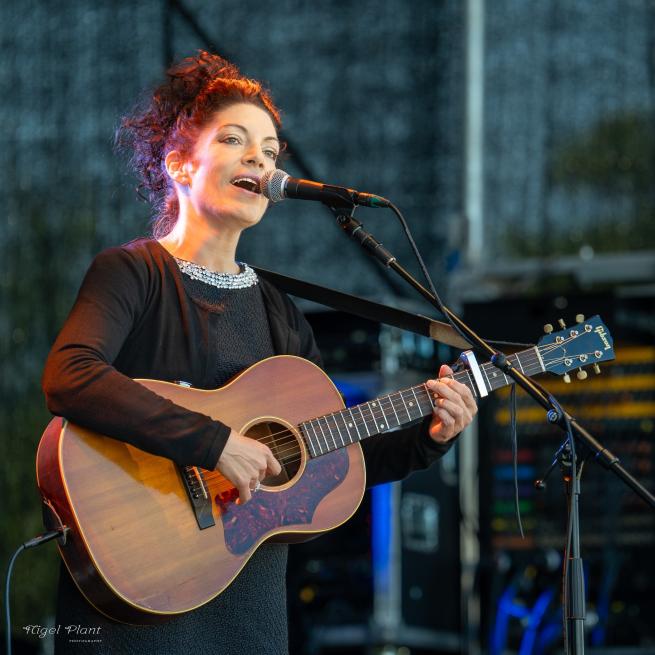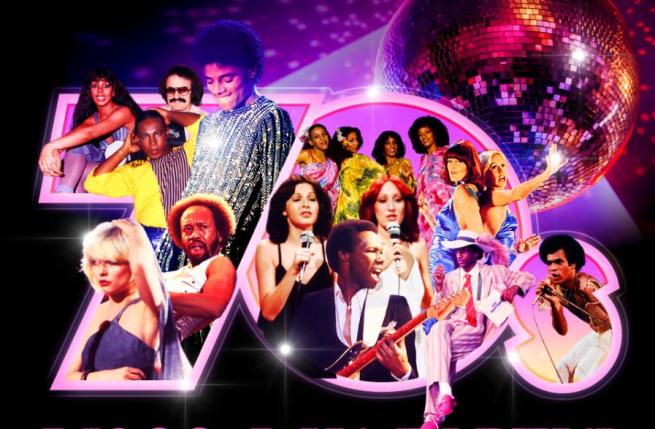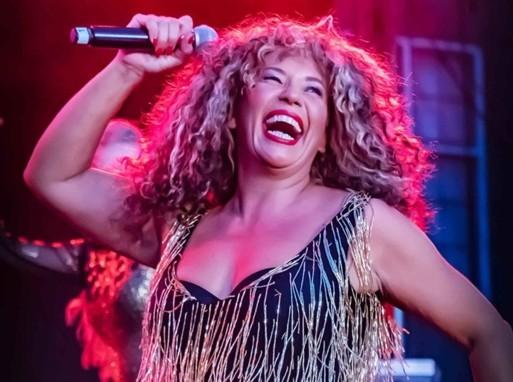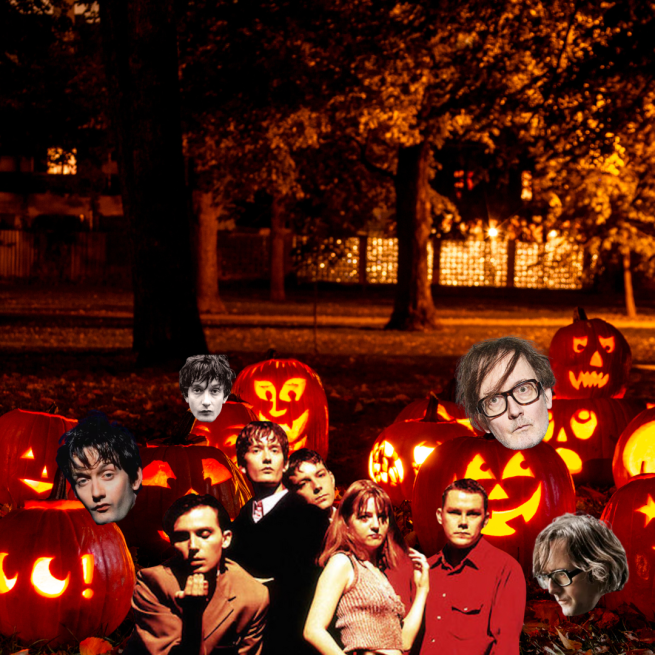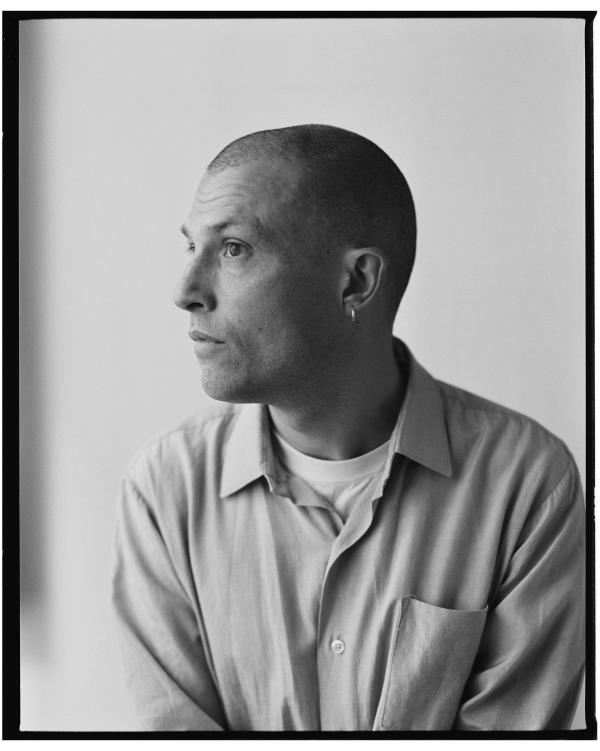
Orlando Weeks’ upcoming third album ‘Loja’ is a record in which place is as vital a characteristic as the emotions and incidents that he explores. The overarching themes are optimism and reflection: the positive mindset that emerged as he left London for a new life in Lisbon together with a new - found awareness about the things that you have left behind. Contentment emanates like a comforting embrace from an old friend, a tone best encapsulated by the joy the musician and his son shared as they strolled through the gardens of The Gulbenkian Museum: its towering trees, flourishing ponds and cawing peacocks inspiring fantastic thoughts that glow fervently in ‘Best Night’.
Yet life can never be as linear or as pure as unfiltered unhappiness and so ‘Loja’ on occasion captures more corrosive moods too: the motorik grind of ‘Dig’ pictures an “under your breath half-argument, the kind that only ever happens in public”. More dramatically, the solemn beauty of ‘Beautiful Place’ transports him to a beachside cafe just south of Caparica where an ordinary moment was impacted by sudden and unexpected death: yet even as the barman returned visibly distraught, the location swiftly reverted to its usual serenity.
“One of the reference points was ‘C’mon C’mon’, the Joaquin Phoenix film,” begins Orlando. “The landscape in that film felt like the newness I was experiencing here in Lisbon. Aside from the personal stories that are happening in the film, it also revels in presenting landscapes. This record is similar, I wanted there to be these distances and to create the feeling of capturing moments in very close quarters and then being as far away as the horizon. There are many snapshots in the record of tiny moments that have much larger implications.”
‘Loja’ is also a record which plays upon two contrasting strengths. The creative contributions from its musicians (primarily Sami El-Enany, William Doyle, Alexander Painter and Luca Caruso) provides an engaging, organic warmth that reflects their time playing together in Orlando’s live band, and there are also moments where their own creativity rises to the fore: most notably Oliver Hamilton’s doom-jig fiddle on ‘Tomorrow’ and Alejandro Aranda’s layers of guitars that close ‘Beautiful Place’, or the inspiring vocal performances from Rhian Teasdale of Wet Leg (‘Dig’), Tony Njuko (‘Please Hold’) and Katy J. Pearson (‘My Love is’). Yet just as important are the nuanced details that, on first listen, hide stealthily in plainsight before revealing themselves with repeated listens.
While Orlando dashes his conversation with regular deliberations on his recent influences (including, but not limited to, The Cure, Talk Talk, The Blue Nile and Style Council), he will more eagerly discuss how those collaborators helped provide something different to the relative isolation of making his ‘Hop Up’ album: El-Enany’s ad-libs, the broader options offered by Painter’s multi-instrumentalism, Caruso’s ability to shift a song’s entire mood by reworking his drum arrangements, and often stepping away with Doyle to unlock a solution to a dilemma by debating, “What would Michael Stipe or Peter Buck do?”
The process of making the album seemed to follow its own structure. Step one came late in 2022 with brief sessions with Nathan Jenkins (Bullion) in Tottenham, which were halted after Orlando realised the songs weren’t fully evolved. “A lot of people close to me would say I made a lot quite quickly on the bounce, I think it was just a bit worn out with writing,” he notes, after his previous albums ‘A Reckoning’ and ‘Hop Up’ emerged in a time span of just eighteen months, and the latter of the two was released mere months before ‘Loja’ started.
Soon after, he was engulfed by the chaos of moving to Lisbon, interspersed with further demands on his time by creating artwork for Jamie T and recording with Katy J. Pearson. That hectic rush led to a second session with Jenkins being cancelled, before the bulk of the record was made in thirteen days in Chale Abbey Studios on the Isle of Wight, a location chosen for its importance to producer Sergio Maschetzko (Black Country New Road) and his collaborator David Granshaw. And even then there was more to come: a few days of tweaks from Orlando, followed by some creative embellishments in collaboration with Jenkins.
Orlando engaged in a parallel creative adventure as the record took shape. Shortly after arriving in Lisbon, he rented a property described as a loja (a shop or a store) near the Jardim Estrela which he used as an art studio (“The first time in my entire life that I’ve had my own studio which wasn’t just a corner of the flat we live in”). All of the artwork and visuals have been created there, and a photo of the building graces the cover too.
The studio has also become a fitting encapsulation of the album’s wider themes. Its owners are selling up, so the significance of what is now Orlando’s creative hub will inevitably change, much like many of the snapshots he documents throughout the record. One day he’ll notice that this home-from-home has become just another business that he strolls past.
Yet that location still informs Orlando’s future plans, with his artwork as significant part of his vision as the album. He recently announced plans to combine his twin artistic strands in a way that will allow them both a shared moment in the spotlight. This June Orlando will take up a residency at Copeland Gallery in South London. By day it will be an open studio and gallery showcasing the visual art that Orlando painted, printed and sketched in the ‘Loja’ space in Lisbon and by night it will be transformed into a gig venue for Orlando to perform tracks from the forthcoming album to an audience for the very first time.
That unique approach to ‘Loja’ is symbolic of Orlando Weeks’ status as one of the UK’s most distinctive artists. He first emerged with The Maccabees, who rose to become one of the nation’s most influential bands, their many triumphs including an Ivor Novello award and a #1 album in the shape of ‘Marks To Prove It’ before signing off at the peak of their powers with three sold-out nights at Alexandra Palace.
Since then, Orlando has followed wherever his creativity has taken him, his roots in music opening a window into talents which stretch outside of the confines of the art form. His first outside project was the ‘Gritterman’ project, an acclaimed book and accompanying album featuring Paul Whitehouse, which evolved into a stage show. His solo debut album ‘A Quickening’ followed in 2020, and captured his hopes and fears ahead of the birth of his son, while the uplifting ‘Hop Up’ (2022) expressed the joys of parenthood. There’s also his in-demand artwork to consider, taking in projects for Florence + The Machine, IDLES and Jamie T, while Rhian Teasdale’s guest feature on ‘Dig’ really underlines how pivotal an influence he has become on the next generation of musicians.
Now, looking at ‘Loja’ from a place of reflection and completion, Orlando realises its significance in his own story.
“The great change in our lives was that we left London and moved to Lisbon, and the record definitely has elements of being a love letter to the place that we now call home. But I think the move provided a stirring of the waters. It threw up an awful lot of stuff and it gave us perspective and hindsight because suddenly there was distance. You can re-evaluate the things you were too close to, those things that there was no point spending time thinking about because it was the day-to-day bubble you were in. Now I just want ‘Loja’ to exist.”
The Brudenell Social Club
33 Queen's Road
Leeds
LS6 1NY
United Kingdom
